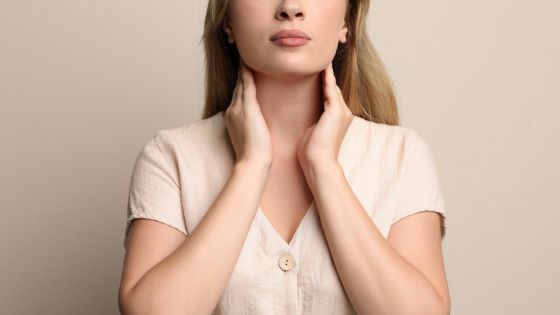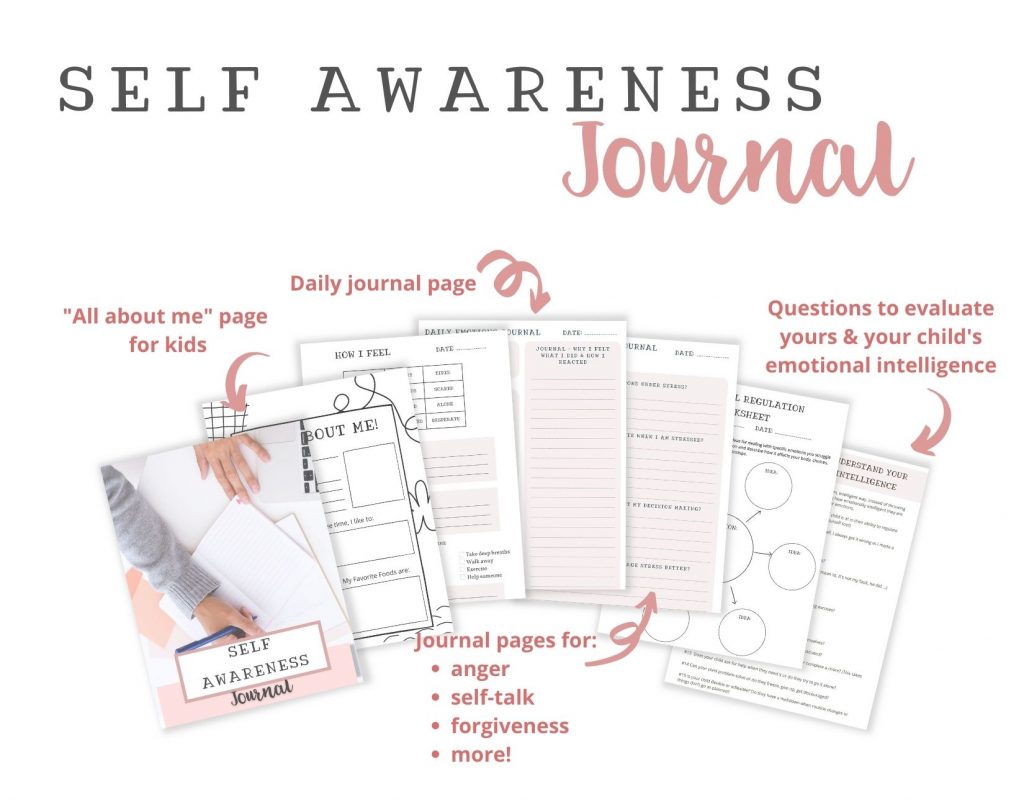How to Become Self-Aware

Recently someone asked me a question that I had to stop and think about:
“When did you first become self-aware?”
After some thought, I realised it was only in my early 30’s.
That means that up until then I was living by instinct, not knowing why I did what I did, not understanding myself, my thoughts, feelings, and motives.
I just lived.
And because I wasn’t self-aware, I couldn’t grow because I didn’t understand myself. I didn’t know where my weaknesses lay, hadn’t identified areas that need attention, and hadn’t figured out what makes me tick.
What is self-awareness?
Only 10-15% of people are self-aware. Perhaps you are of the 85-90% who are not self-aware, and don’t even know what self-awareness means.
Let’s define it!
Self-awareness is being aware of who you are. The ability to look inward and think deeply about your attitudes and behaviours, and figure out why you do what you do.
It’s knowing your values, beliefs, personal preferences and tendencies. It’s having the confidence to voice an opinion, to speak up for yourself, to be authentic and true to yourself.
(You can’t be true to yourself if you don’t know who you are, right?)
It is the ability to self-evaluate. To understand your mind, get in touch with your thoughts, and discover your true self.
Related: Being true to yourself
Why is self-awareness important?
Self-awareness is important because it impacts your life choices, relationships, opportunities, and personal growth.
It also impacts your general happiness, your career, and your ability to self-regulate and manage your emotions.
Benefits of self-awareness are many, including healthier relationships, greater self-confidence, your overall sense of well-being, increased emotional intelligence, and general satisfaction in life.
How to become self-aware
Those benefits leave us needing to know how to become more self-aware, so let’s unpack that.
Here are some ways to increase your self-awareness:
Journal
How do you respond to stress, disappointment, failure? What makes you angry? Write about the things you are going through and use journaling to analyse what’s happening below the surface.
Use my self-awareness journal to get you started.
Or purchase one of my blank journals for free writing.


Keep a log
Further to journaling you can log your thoughts and feelings each day to become aware of your inner processes.
- What are you feeling?
- Why are you feeling it?
- How do those thoughts and feelings affect your body, behaviour, and responses to life and others?
- What does God want to say to you about those thoughts and feelings?
- How can you manage them better?
Find your identity in Christ
Knowing who you are to God, what you mean to Him, will give you a sense of security and increase your confidence.
If you struggle with this, simply ask Him, “Lord, show me what I mean to you.”
We all know that Jesus died for us on Calvary, and established our identity and value there, but often that remains as an intellectual belief.
Ask God to take that knowledge further and to write it on your heart.
Again, use your journal to ask some powerful questions. Pray as you ask these questions of yourself and God:
- What do I really believe about myself?
- Why do I believe this? Where did this belief originate?
- How does this belief impact my life, choices, relationships, and happiness?
- Lord, what do you want me to know about this belief?
Know yourself
Be intentional about learning to understand and know yourself.
What do you value, believe, long for, aspire to? Why?
Figure out what your strengths and weaknesses are.
Ask yourself the following questions. If you are not sure, ask someone close to you:
- What’s my greatest strength?
- What’s something I could improve on?
- Am I someone that others can come to for advice or comfort?
- When am I at my best?
- Are my strengths possible weaknesses in other areas?
Related: 12 Ways to rediscover yourself after motherhood
Examine your knee-jerk emotional reactions
- Why do you react the way you do?
- Are there things that make you suddenly upset?
- What is beneath your emotional response?
- Are there specific situations that make you feel emotional?
- Who do you constantly have conflict with and why?
- Can you identify your emotional triggers? What things send you into an emotional spiral?
- What makes you sad, stressed, angry, or jealous?
Feelings are data, not commands. Pay attention to them because they are telling you something about yourself.
Examine your self-talk
How do you talk to yourself when you mess up?
Do you struggle with guilt, self-hatred, or despair when you fail, resulting in telling yourself lies about yourself such as, “You’re always wrong” or “You’re so dumb” or “You’re just a failure” or “You might as well give up”.
Figure out what you say to yourself, and why.
Take time to reflect
Reflection gives your brain an opportunity to pause amidst chaos, to untangle and sort through observations and experiences.
It allows you to learn from experiences instead of just blundering on and repeating mistakes.
- Why did I respond that way?
- What triggered this feelings?
- What should I have done?
- What will I do next time?
Step out of your comfort zone
Learning or doing new things allows you to get out of your comfort zone and gives you the chance to learn how you act, think and feel in unfamiliar situations.
It creates opportunities for you to discover new things about yourself, making you more self-aware.
Try a new hobby, chat with new people, cook a new recipe, do something that challenges you. Gain new insights about yourself by trying new things.
Related: How to find your purpose in life
Signs you are self-aware
- You consider the needs and feelings of others
- You take responsibility for your mistakes and learn from them
- You are aware of your strengths and weaknesses
- You are able to identify what you are feeling and thinking at any given moment
- You can express your feelings and needs in relationships
- You consider other people’s perspectives and opinions
- You ask yourself questions – Why did I lose my temper? What situations make me feel bad? What makes me happy? What kind of person do I want to be?
- You think about what you think about – psychology calls this “metacognition”
- You are able to apologise
- You embrace new experiences
- You take criticism without getting defensive
- You’re able to ask for and value feedback from others
- You know how important it is to take time to reflect
- You’re not afraid to ask dumb questions
- You don’t numb your emotions or try to escape from them
- You know how to practice healthy self-care
Related: How to teach kids emotional regulation
Being self-aware means you live a live that’s intentional and thoughtful.
Self-awareness requires you to become an observer of your thoughts, feelings, emotions, and responses.
As you do this, you will be able to regulate your emotions better, build healthier relationships, grow your confidence, grow personally, and respond better to life’s challenges.
Here’s to becoming more self-aware!




Leave A Comment